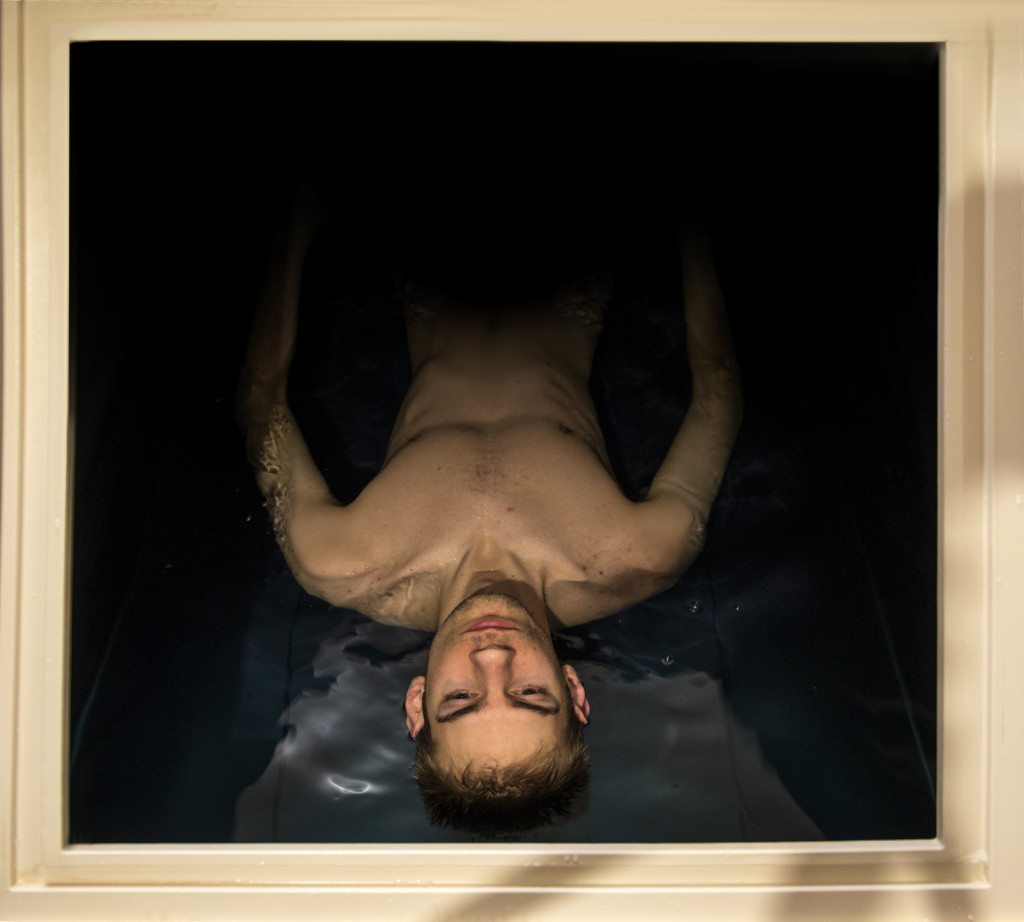- Cabin fever is a psychological state resulting from isolation or confinement.
- It can severely affect one’s mental health, including anxiety and depression.
- Lack of fresh air, boredom, lack of sunlight, and lack of exercise are common causes.
- Corporate events, flexible working hours, and wellness support can help alleviate cabin fever in remote workers.
- It is important to be aware of the signs and take action to ensure mental health is taken care of.
Cabin fever is not a new term- it has been around for years. With the onset of the COVID-19 pandemic and the resulting quarantine and social distancing protocols, people’s awareness of cabin fever has skyrocketed. Cabin fever usually happens to people with extended periods with little or no contact with the outside world. This sensation can be incredibly intense and can have severe consequences for one’s mental health. This can affect remote workers all the time and can gradually chip away at their productivity and performance.
What is Cabin Fever?
Cabin fever is a psychological state induced by isolation, confinement, or the lack of contact with people and the outdoors. Cabin fever is not, under any circumstance, a medical diagnosis; however, its effects on one’s mental health can be pretty profound. The brain craves novelty and stimulation, and being cooped up in a small space for an extended period deprives us of that. Eventually, the monotony of life can become overwhelming, which can harm one’s mental well-being.
Causes
There are various causes for cabin fever, especially when it comes to remote workers. Here are some of them:
Lack of Fresh Air
One of the leading causes of cabin fever, both for remote workers and those stuck in isolation, is a lack of fresh air. This can lead to the body feeling sluggish, low energy levels, and a general sense of being physically uncomfortable- all of which can have an unpleasant effect on one’s mental well-being.
Boredom
Being stuck at home all day with no stimulation can easily lead to boredom. Boredom has been linked to depression and anxiety and can have a serious impact on one’s mental health.

Lack of Sunlight
The third factor contributing to cabin fever is a lack of exposure to sunlight. Several studies have shown that exposure to sunlight helps to increase serotonin levels, making the body feel more relaxed and calm. Without exposure to the sun’s natural light, the body feels lethargic and tends to become more anxious and restless, leading to depression or mood swings. Try getting out to a nearby park or opening windows to let in more sunlight.
Lack of Exercise
Lastly, is a lack of physical exercise. Physical activity helps to keep the body healthy, improve physical strength and reduce anxiety levels. A sedentary lifestyle and being indoors for extended periods can lead to Cabin Fever. Try doing workouts at home, cardio, or yoga classes to increase the endorphins in the body and reduce anxiety and depression.
Signs of Cabin Fever
Some of the most common signs of cabin fever are anxiousness, restlessness, irritability, frustration, fatigue, and difficulty concentrating. Nobody is immune to this. Therefore it’s essential to monitor your mental state, especially during extended periods indoors, such as prolonged quarantines or even long winters where people may find it challenging to get out due to harsh weather. The symptoms of cabin fever can manifest differently in different people at different times, so paying attention to how you feel and acting accordingly is essential.
How to Deal With Cabin Fever
If you’re worrying about the state of your remote workers’ mental health, then there are various ways you can deal with it. Here are some of them:

Corporate Events
One of the best ways to engage with your remote employees is to organize virtual corporate events. These include webinars, team-building activities, or even fun scavenger hunts. Moreover, ensure that you have one near nature. You must prepare a tent for any outdoor activities. Consider getting one from an affordable corporate event tent rental service. They can supply the perfect tent for your corporate event and provide exceptional customer service.
Flexible Working Hours
Another effective way to deal with cabin fever is to give more flexible working hours to remote workers. This will allow them to leave their homes, get some physical activity and fresh air, and break up the monotony of being stuck indoors.
Wellness Support
Finally, you can provide additional wellness support for your remote team members by offering access to mental health resources such as counseling and therapy or emotional wellness programs. This will allow them to reach out when they need help and get the emotional support they require to stay healthy and productive.
Cabin fever can have severe consequences for one’s mental health, and it is essential to be aware of the signs and take action. The tips above are great ways to ensure that your remote workers stay mentally healthy during extended periods indoors. Also, don’t forget to ensure they get enough fresh air and enjoy nature whenever possible.
